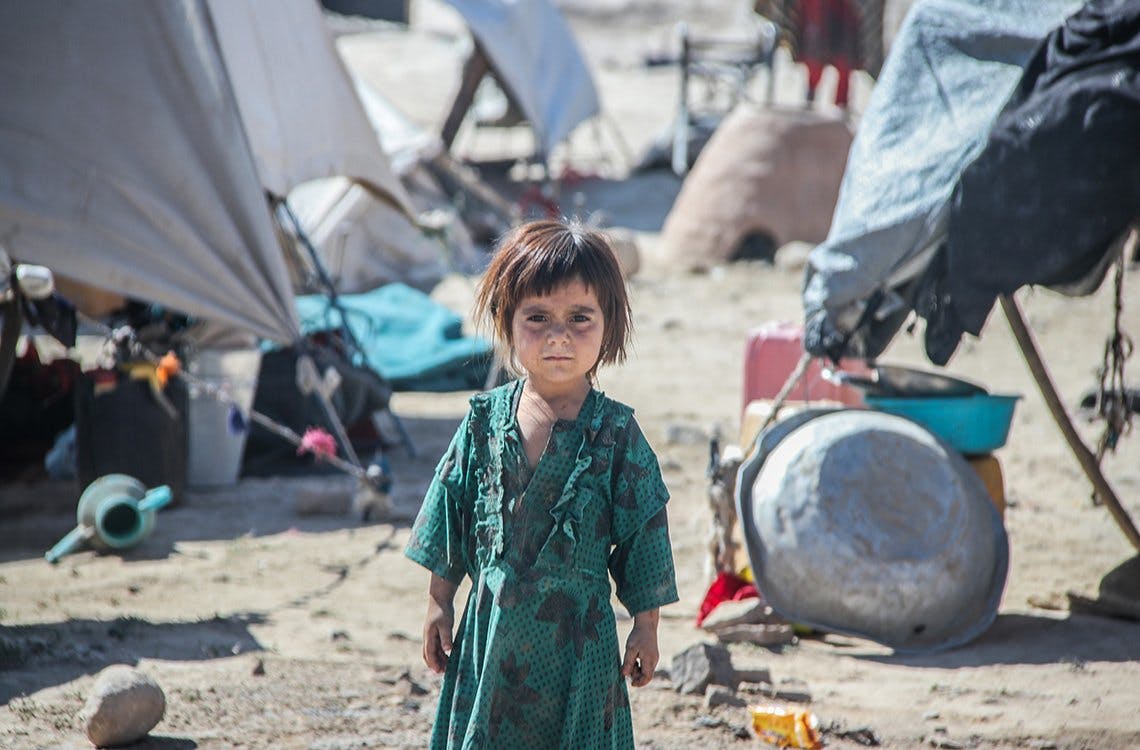
Cash Drops to Help Poorest Afghans
As Afghanistan’s poorest people have begun selling the few belongings they have in order to afford food, Reuters reports international officials are planning to deploy a time-honoured method of getting aid directly and immediately to those who need it: cash drops.
According to Reuters, the emergency funding is aimed at averting a looming humanitarian crisis as Afghans face a dual struggle against drought and political upheaval. Under the plans, U.S. dollar bills will be flown into Kabul and distributed via banks in payments of $200 or less directly to the poor.
Cash-based assistance is a popular and effective way of supporting people in crisis, reaching those in need rapidly while giving a simultaneous boost to their local economies. In 2020, many countries turned to cash transfers to help those hardest hit by the pandemic, and cash assistance programmes were scaled up worldwide.
Now, the United Nations warns 14 million Afghans are facing hunger, with the country’s economy at risk of collapse due to an ongoing cash crisis. Many parents are being forced to forego meals in order to feed their children, despite efforts from the United Nations World Food Programme, which has already distributed over $100,000 in local currency cash via local banks. Reuters notes these have been a trial run for planned larger air deliveries of dollars from Pakistan.
Two cash-based plans are being developed, with the first being further cash drops from the World Food Programme—greatly expanding their present aid efforts—and the second seeing cash flown in and held by banks on behalf of the United Nations. This would be used to pay the salaries of U.N. staff and non-governmental organisations operating in Afghanistan.
Cash continues to be an important humanitarian tool, with these plans just one example of ongoing global efforts to empower the poorest people with money to meet their daily needs. Another example of this in action is the UN Refugee Agency, which distributed $3 billion of cash assistance reaching over 25 million people in 2020. This year, their efforts have been scaled up by an additional 20 operations.
